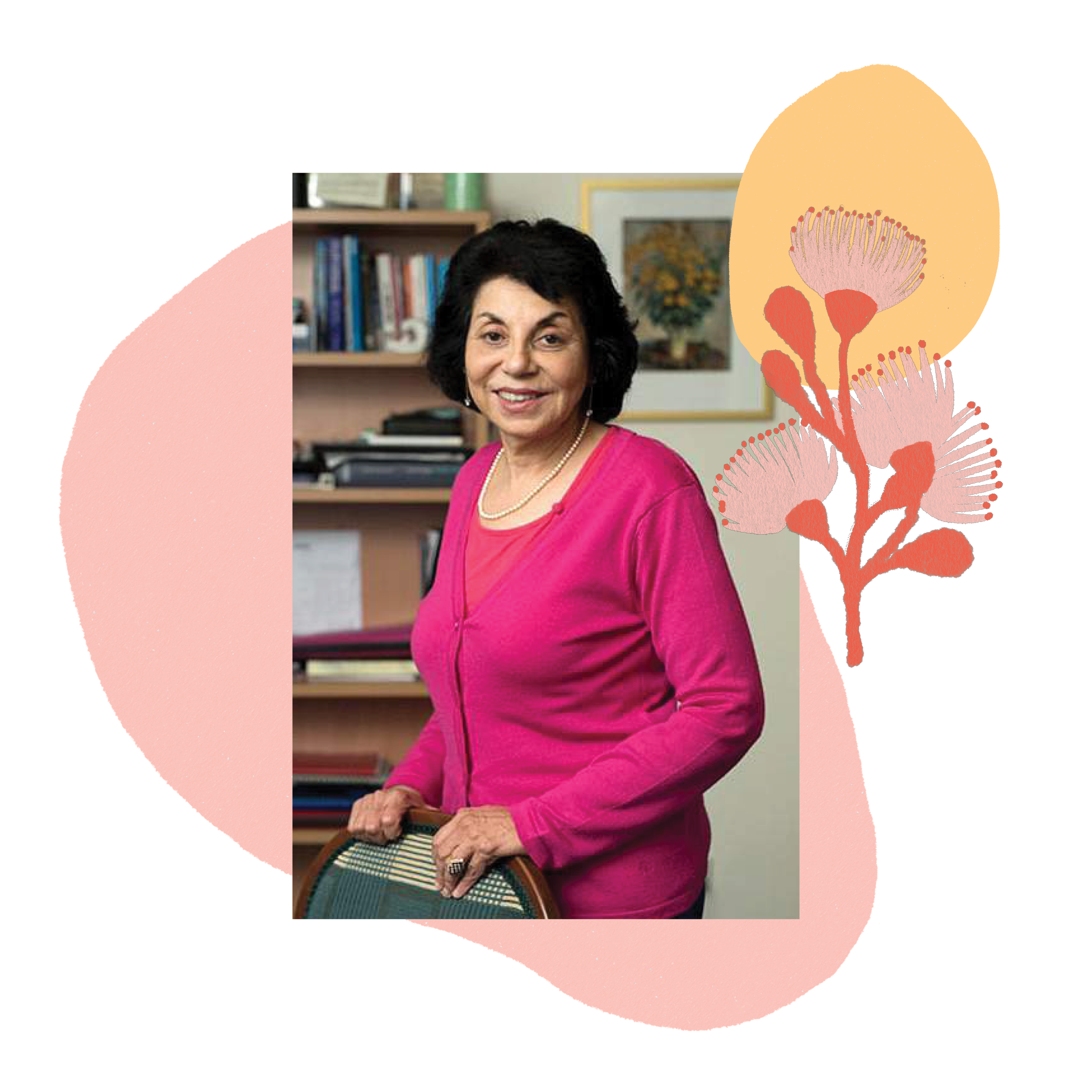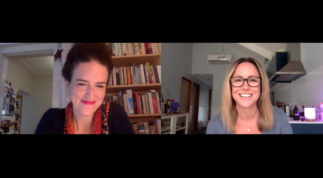CW: domestic abuse
The prevalence of violence against women remains stubbornly high in spite of three decades of intensive work in policy, planning and execution of both National and State plans to stop family domestic violence. The number of police call outs in Victoria increased year on year reaching 88,214 in 2020 (up 6.7% from last year)[1]: and increased rates of family domestic violence during COVID-19[2], highlighting limitations in our response to the epidemic of family domestic violence. This calls for highlighting the true nature of family domestic violence. It is not just about the episodic physical violence, as seen in assault victims. It is more fundamental. It is essentially entrapment of the victim, a condition that is produced by prolonged entwining of physical violence with coercive controlling behaviours, such as:
- intimidation;
- social isolation;
- threats;
- emotional abuse; and
- deprivation of resources, such as access to finances.
This is the underlying structure of family domestic violence. The victim is in a hostage like situation. And as it is ongoing in nature, it makes the victim vulnerable to ongoing abuse.
The Duluth wheel of power and control, developed by the Domestic Abuse Intervention Program in Minnesota, demonstrates many ways in which abuse of power and control can be used to create a coercive and threatening environment. This framework is commonly used by men’s behaviour change programs (MBCP) across the country, supporting men to identify abusive behaviours that are; controlling, dominating, threatening as well as brainstorm alternative respectful behaviours.
However, learnings from these programs have not translated into broader understanding by the community, or drastically changed our policy and laws. The result is that women call the police and watch helplessly as the justice system delivers little effective punishment, and everyone knows implicitly that the abuse cycle is likely to continue. We need laws that will redefine psychological abuse in more clear terms, articulate the true nature of family domestic violence and identify ongoing controlling and coercive abuse; and prescribe punishment that fits the crime.
Migrant women’s experiences of family domestic abuse
In my psychiatric practice, I am largely focussed on gender based violence in migrant communities. Through this work I have heard from countless women of the immense physical, psychological and financial harm caused by coercive controlling behaviours. The context of abuse for many migrant women is within the extended family setting, which adds a further layer of complexity. The perpetrators may be multiple, and it may be woman to woman violence. The victim usually is the newest member of the family, the daughter in law. Some travel long distances to Australia for love, away from familiar support networks. She is often also vulnerable by the nature of her visa, temporary visa, or partner visa.
A migrant woman is vulnerable to domestic abuse, but often does not recognise it. In my experience, it is sometimes physical but more often takes the form of coercive control. Common tools are:
- keeping her in domestic servitude;
- demanding dowry payments;
- taking over her hard earned income;
- denying her access to her money;
- socially isolating her from the local community; and
- restricting communication with her family back home.
Within this environment, her every movement and every decision is watched, criticised and controlled. She may be intimidated by threats of deportation by her intimate partner if she does not comply with his controlling demands.
Why coercive controlling behaviours escape attention
The societal construct of the role of a woman/wife is one of subordination. As a result it is tolerated by women and taken advantage of by men. It facilitates abuse. Added to that is the societal pressure to stay married, and comply with societal rules that disrespect a divorced woman. And the risk of deportation by the state should the sponsorship of her visa be withdrawn, all multiply to ensure the perpetrators feel emboldened to commit the crime in plain sight, and often they get away with it, without facing justice. Naming, and defining the coercive controlling behaviours will help educate communities regarding the true nature of family domestic violence, and assist in better design of prevention programs.
The impact on the victim is profound. The texture of fear is different to assault or episodic violence. It is woven into the personhood of the victim. The result: loss of autonomy and independent thinking, creating a slave or hostage like situation. The psychological harm is multifold; loss of self-respect and self-confidence, lowered self-image, a chronic sense of powerlessness and helplessness that can be internalised psychologically.
This may cause illnesses such as:
- depression;
- anxiety;
- panic attacks;
- post-traumatic stress disorder; and
- suicidality.
Many a woman has cried in my office at the injustice of having their children removed on account of “emotional instability” or worse, pronounced “unfit to be mothers” labels put upon them by so-called independent court reports. Their emotional state is further impaired as the custody of their children is handed over to the “calm and stable” perpetrator, the father of their children. The lack of accurate legal definition of family domestic violence, and lack of effective punishment is helping the perpetrator to use the justice system to further abuse their victims.
Criminalising coercive and controlling behaviours
We must be cautious about the harm of criminalising coercive and controlling behaviours. A poorly written law can lead to doubts about interpretation, and imperfect implementation. A further fear is the possibility of incarceration of victims. The current family domestic violence laws too can be misused. In the past year alone I have supported half a dozen victims who were framed as the “perpetrator”, by their perpetrator and the justice system failed them, resulting in hardship, need for psychiatric support, reports and legal costs. The remedy is not to stop the new laws around criminalisation, rather to draft a law that prescribes a gradient of punishments from civil to criminal, depending on the severity of the offence, and concentrate on accurate definition of controlling and coercive abuse. It also needs to be supported by ongoing education of police, the judiciary and strong engagement of the community during and after the drafting of new laws.
[1] Crimes Statistics Victoria. Victoria Police family violence incidents infographic. https://www.crimestatistics.vic.gov.au/family-violence-data-portal/family-violence-infographics/victoria-police-family-violence-incidents
[2] Police-recorded crime trends in Victoria during the COVID-19 pandemic. 22 September2020. https://www.crimestatistics.vic.gov.au/research-and-evaluation/publications/police-recorded-crime-trends-in-victoria-during-the-covid-19
If this topic raises any issues for you, contact:
- 1800 RESPECT 1800 737 732
- Lifeline 13 11 14
- For more information, visit our list of support services.

Dr Manjula O’Connor is a Clinical Psychiatrist and Chair of the Family Violence Psychiatry Network of the Royal Australian New Zealand College of Psychiatrists. She is Hon Senior Fellow at the Department of Psychiatry University of Melbourne. Dr Manjula has a longstanding interest in migrant women’s mental health and family violence. She is a clinician, researcher, reviewer of journals, advocate and works closely with community in prevention of family violence.
Dr Manjula co-founded the AustralAsian Centre for Human Rights and Health and led public dowry abuse campaign in Victoria that became Australia wide, converted to legislation in Victoria, and recognised in the Fourth National Plan against family violence in Australia. Her current project is around suicide prevention and enhancing mental health literacy in South Asian communities.
Dr Manjula received the Victorian Government Multicultural Award of Excellence in Women’s Health-2012 and she has been recognised in Victorian Parliament and Federal Australian Parliament on multiple occasions.



